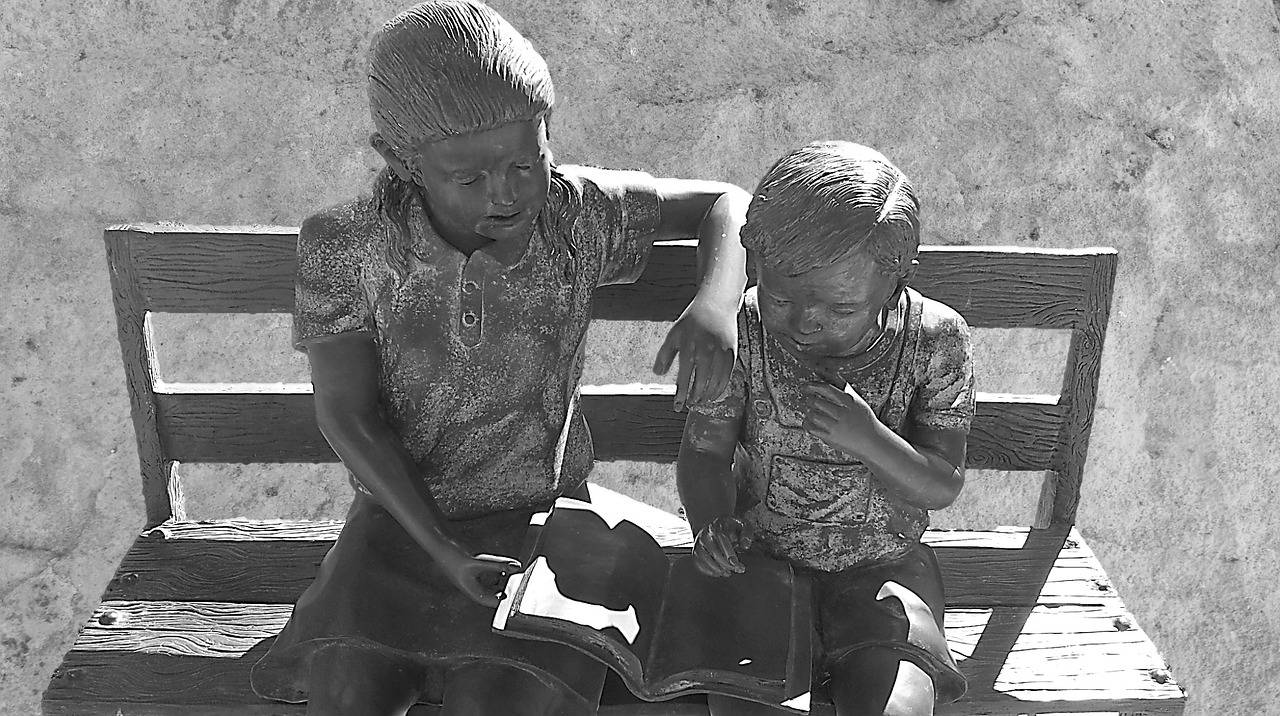Promoting Culturally Responsive Assessment Practices
Culturally responsive assessment practices are crucial for ensuring fairness and equity in the evaluation of individuals from diverse backgrounds. By incorporating culturally relevant elements into assessments, educators and practitioners can better understand the unique strengths and challenges of each individual, leading to more accurate and meaningful results. This approach helps to combat biases that may be present in traditional assessment methods, allowing for a more comprehensive and inclusive evaluation process.
Furthermore, culturally responsive assessment practices help to foster a sense of belonging and validation among individuals who may have been marginalized or historically underserved. When assessment tools are sensitive to cultural differences and values, individuals are more likely to feel understood and respected, which can positively impact their motivation, engagement, and overall performance. By embracing culturally responsive assessment practices, we are not only promoting academic success but also honoring the diverse identities and experiences of all individuals within our educational systems.
Understanding the Impact of Cultural Bias in Assessment
Cultural bias in assessment refers to the presence of unfair advantage or disadvantage based on an individual’s cultural background. This bias can manifest in various ways, such as language barriers, unfamiliar cultural references, and different communication styles. It is crucial to understand the impact of cultural bias in assessment to ensure fair and accurate evaluation of individuals from diverse backgrounds.
When cultural bias is present in assessments, it can lead to inaccurate results and misinterpretations of an individual’s skills and abilities. This not only creates an unfair disadvantage for some individuals but also undermines the validity and reliability of the assessment itself. By recognizing and addressing cultural bias in assessment practices, we can strive towards creating a more inclusive and equitable evaluation process for all individuals.
Strategies for Developing Culturally Inclusive Assessment Tools
Developing culturally inclusive assessment tools is essential for ensuring that all students are able to demonstrate their true abilities and knowledge. One strategy is to involve diverse groups of educators and community members in the creation and validation of assessment tools to ensure that they are relevant and fair for all students. By incorporating multiple perspectives and cultural backgrounds in the design process, assessment tools can better reflect the diversity of the student population.
Another effective strategy is to provide opportunities for students to demonstrate their understanding in various ways, such as through oral presentations, projects, or creative assignments. This allows students to showcase their knowledge and skills in ways that are aligned with their cultural backgrounds and strengths. By offering multiple assessment methods, educators can create a more inclusive and equitable evaluation process that values the diverse experiences and talents of all students.





